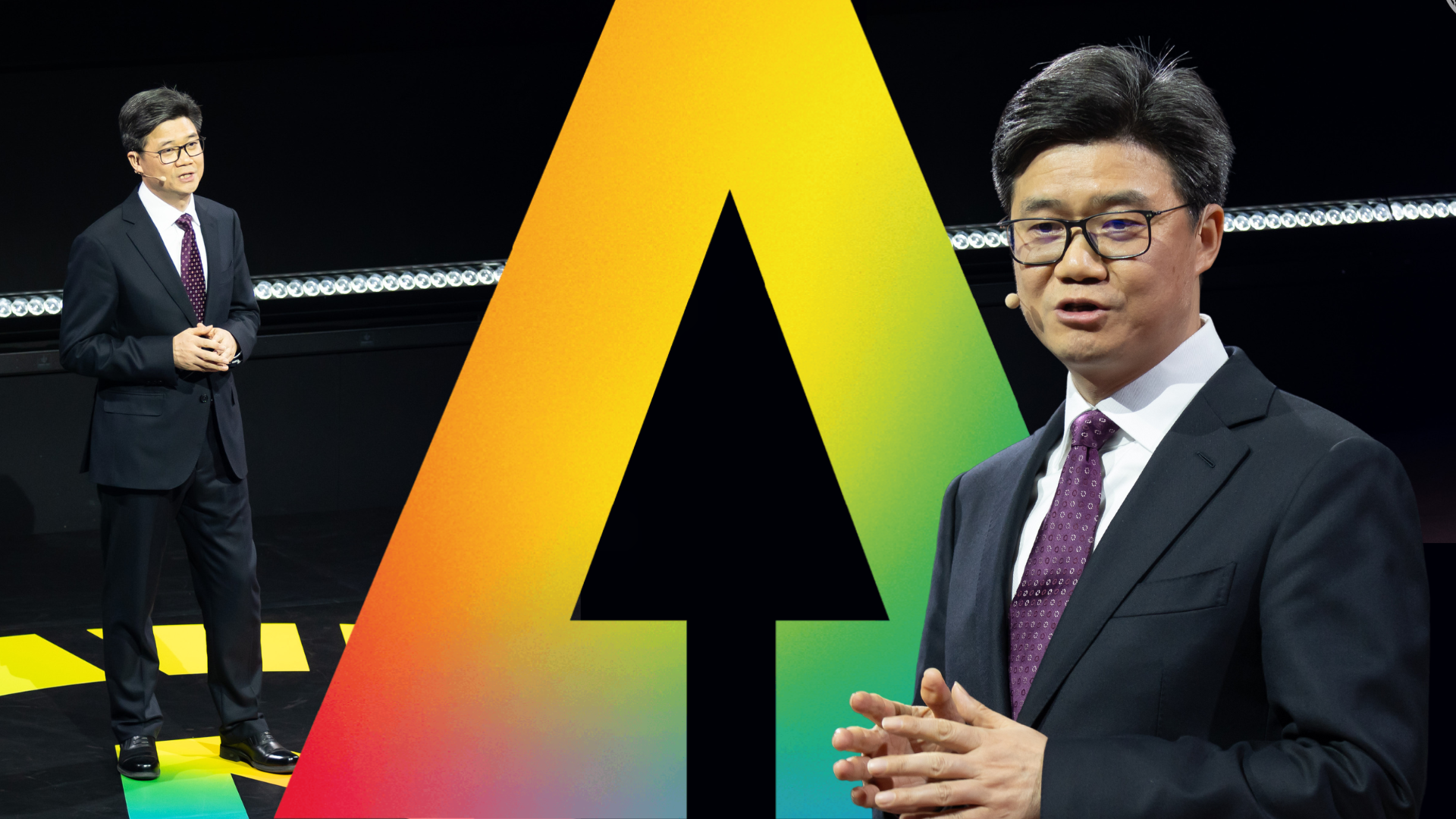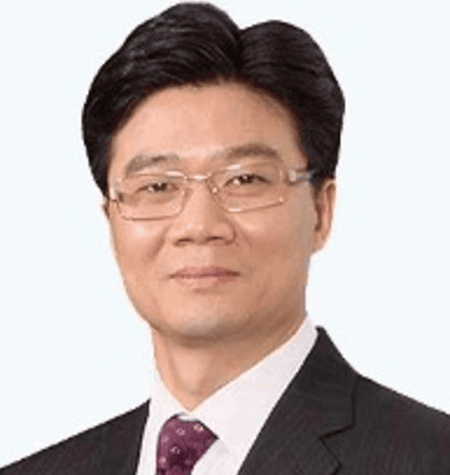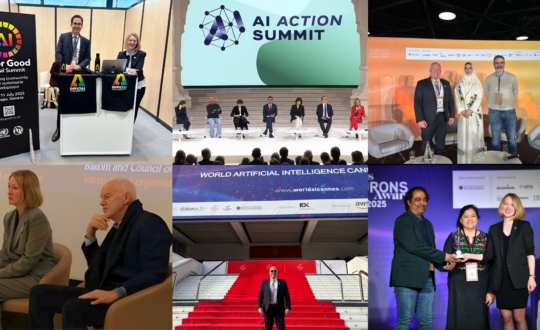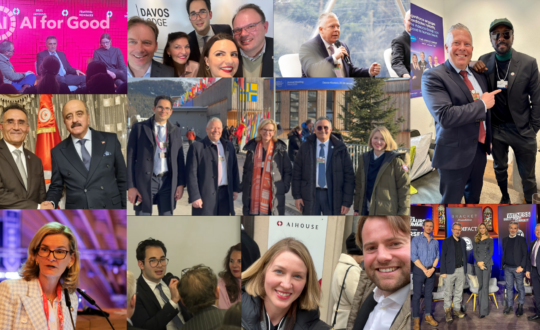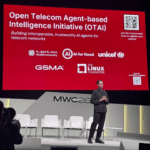At the AI for Good Global Summit last month, He Biao, the President of China Mobile Communications Group, spoke to a packed audience in Geneva, Switzerland.
“AI has become a key driver for social and economic development,” he explained.
In his talk he demonstrated several ways that “AI+” can be supported to ensure that rapid technological innovations support sustainable growth – and do not further increase social or technical divides.
An accelerated transformation from AI to what he calls “AI+” has now the power to create new opportunities, yet he warned that actions must be taken to address three new divides that present themselves as obstacles to achieving equitable access to opportunities.
He names them as: the Data Divide, the Computility Divide, and the AI Divide.
He explained how Data is the key factor driving production of AI models and tools in a new era.
Quality data is needed to train AI models, however in many parts of the world there is not sufficient access to data to train bespoke learning models.
Secondly, different regions and organizations have very different access to compute resources that are needed to develop AI models and solutions.
“High performance computing resources are costly, energy intensive and unevenly distributed,” he said.
Lastly, the “AI divide” refers to the levels of AI literacy among generations, of access to AI tools, and is increasingly entrenching levels of inequality around the world when it comes to AI.
As he explains, sustainable development requires that the international community work to overcome these three new divides.
He highlighted several of China Mobile’s initiatives in leveraging AI for sustainable development, and their approach to embracing the “digital intelligent era” to bridge divides in production, technology, and data.
As he showed, implementing “AI+” initiatives can enhance digital capabilities and China Mobile is leading innovation to address these challenges.
For example, they are leading in Open Data Sharing Services ensuring that data flows are low cost, trustworthy and accessible to developers to fully realize the power and potential of data for development.
The development of a Data Switching Service Network (DSSN) enables secure and efficient data exchange, and the deployment of large-scale AI models for various applications. Currently this big data exchange is being used for urban planning, emergency relief and others.
China Mobile is actively optimizing big data products to combat fraud. For example, last year over 370 million scam calls and 280 million fraudulent text messages were intercepted by AI.
To bring benefits to wider populations, a Chinese-based Large Language Model named Jiutian is bringing AI applications to households and a range of businesses and public services.
They are opening up their AI products and applications to various learning platforms, with practical tools so that teachers and students can contribute to AI research and innovation, making it possible for them to master AI skills quickly.
To bridge the accessibility divide, they have created an AI powered sign language digital commentator that was developed for the World Cup broadcasts for hearing impaired audiences to enjoy football matches with a “barrier free experience.”
In his conclusion, Mr. He Biao emphasized the importance of ethical standards, international collaboration and security assurance for the continued advancement of AI technologies. As he explained, their work is focused on “Joining hands for a shared future,” and “embracing the concept of building a community” to ensure AI benefits all.


 Register here
Register here